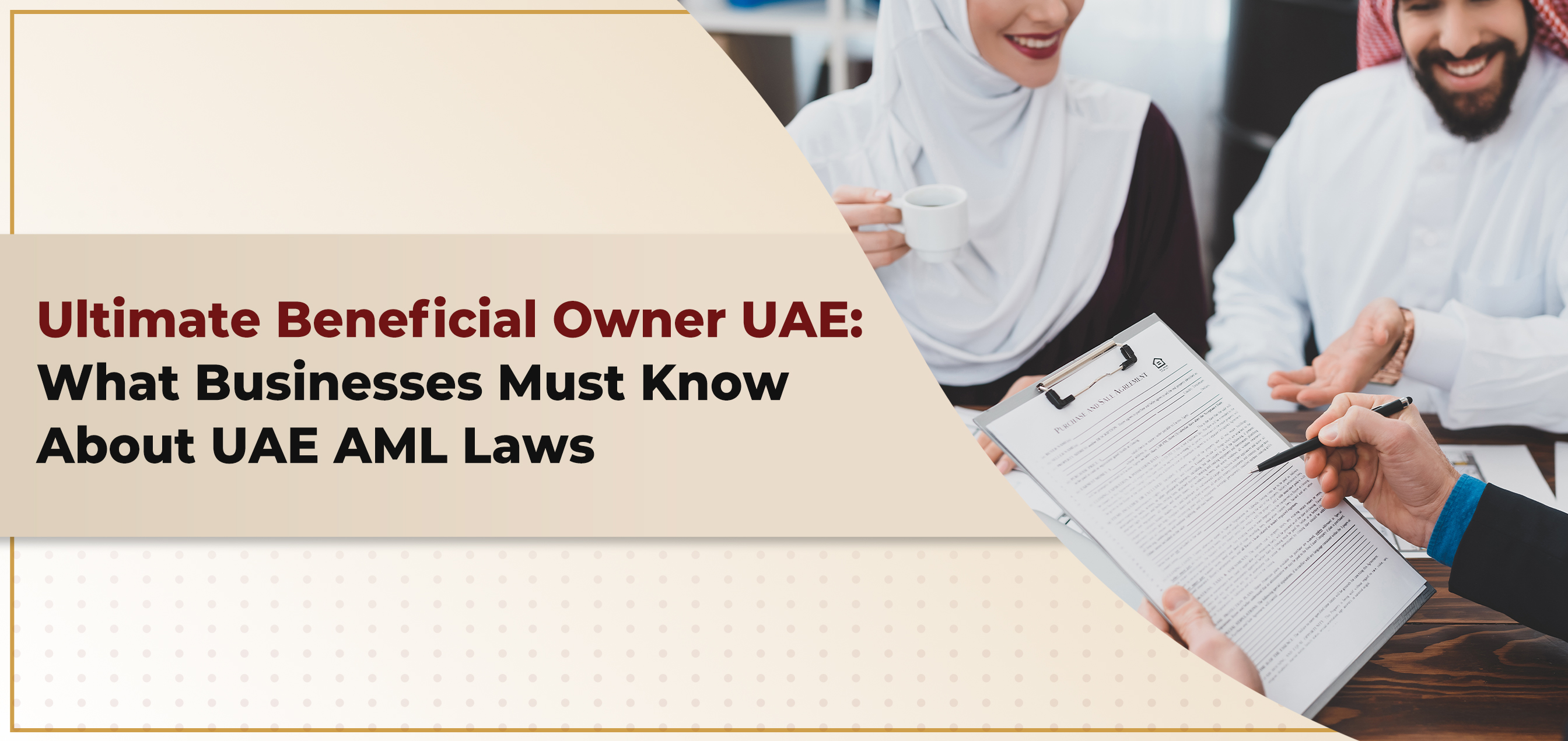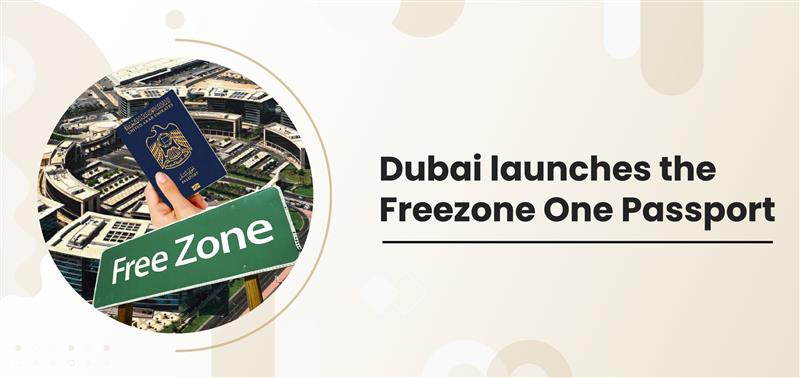Mistakes That Can Compromise Your goAML Compliance Efforts
Financial crimes, including money laundering and terrorism, not only pose a serious threat to the financial economy of a country but also risk the financial integrity of businesses. Money laundering refers to the illegal process of changing the source of money derived from illegal sources and making it appear as originating from legitimate sources. To combat this financial crime and safeguard businesses, governments across the world, including the UAE, have implemented Anti-Money Laundering (AML) regulations.
The DNFBPs (Designated Non-Financial Businesses and Professions) are mandated to comply with Dubai AML regulations, which involve risk assessment, Customer Due Diligence (CDD), goAML reporting, and filing Suspicious Transaction Report (STR). goAML is an integrated system designed to counter anti-money laundering by helping financial institutions to file Suspicious Transaction Reports (STRs) / Suspicious Activity Report (SARs) and analyze data. Although goAML registration is an obligatory step for anti-money laundering compliance, some common mistakes must be avoided while completing the registration process. Entering incorrect information or skipping any instruction can lead to rejection by the authority.
What is goAML?
Developed by the United Nations Office on Drugs and Crime (UNODC), goAML is an integrated system curated to be used specifically by the Financial Intelligence Unit (FIU) in order to combat the crimes of money laundering and terrorism financing. Through the goAML system, FIUs can efficiently receive, analyse and distribute suspicious transaction reports (STRs)/ / Suspicious Activity Report (SARs). Businesses in the UAE qualifying as DNFBPs (Designated Non-Financial Businesses and Professions) must register on the goAML Portal.
Mistakes That Can Compromise Your goAML Compliance Efforts:
• Lack of Customer Due Diligence:
Customer due diligence (CDD) is a risk management tool that refers to the process of assessing and analyzing the risks associated with a customer or client. In this process, financial institutions gather and verify information about a customer’s identity, financial history, and business activities. Customer Due Diligence (CDD) is a crucial step in AML compliance as it is integral for assessing and reporting suspicious transactions. Financial institutions should establish clear guidelines and methods for CDD, including identification and verification, ongoing monitoring, and enhanced due diligence (EDD) for high-risk customers.
• Insufficient documents:
goAML registration must be backed by required supporting documentation, including:
1. An authorization letter from the institution you represent
2. A copy of the commercial trade license (for companies),
3. A copy of your passport, resident visa, and Emirates ID.
Failure to submit these documents or submitting incomplete documents can hinder your registration.
• Outdated or wrong information
While registering on the goAML portal, it is necessary to enter the updated information and correct any wrong information that might be entered. Failure to enter the correct information or any missing information can lead to a rejection email by the authority. Moreover, any changes to the previously entered information must be updated on the goAML portal.
• Not entering a valid email address and phone number
Registering on the Services Access Control Manager (SACM), which is the first step of the goAML registration, requires entering a registered email address to generate a username and password. A valid UAE phone number is also needed to download the Google authenticator app. After generating a valid username and password, the next step is to access the goAML portal. Hence, without a valid email address and phone number, goAML registration cannot be completed.
Importance of goAML compliance
• Enhanced Risk Management
goAML helps organizations identify, assess, and mitigate potential risks associated with money laundering and financial crimes. By providing advanced tools for detecting suspicious transactions, it reduces the likelihood of exposure to fraudulent activities and reputational damage. Organizations can proactively address risks, ensuring a more secure and compliant operational environment.
Through goAML, organisations can have strengthened internal controls and proactively address risks, thereby ensuring a more secure and compliant operational environment.
• Ultimate Beneficial Ownership (UBO)
Ultimate Beneficial Ownership (UBO) is the person who ultimately owns the company and benefits from it. Identifying UBO is an essential step in anti-money laundering as it assists in identifying any fraudulent entities and organizations, thereby preventing financial crime.
• Regulatory Compliance
The UAE’s anti-money laundering regulations require businesses to comply with stringent regulations and maintain certain standards. Adhering to the goAML regulations ensures that organizations meet the UAE standards and the international regulatory requirements for combating financial crimes. goAML compliance demonstrates an organization’s commitment to legal obligations and hence enhances and fosters trust with regulators, customers, and stakeholders. On the other hand, non-compliance to goAML attracts penalties and jeopardizes reputation.
• Improved Transparency and Accountability
As organizations have to maintain detailed reporting and record-keeping to be in compliance with goAML, it helps foster transparency in financial transactions. Organizations establish robust audit trails, making it easier to investigate and resolve financial anomalies while demonstrating accountability to regulators.
• Strengthened International Cooperation
goAML is an internationally adopted system enabling countries to work together efficiently to track cross-border financial activities. Compliance with goAML ensures seamless cooperation in tackling transactional crimes and corruption.
• Support for National Security and Economic Stability
In addition to maintaining the financial integrity of businesses, goAML contributes to the country's national security and economic stability. It safeguards the broader economy by reducing the risks of financial instability and preventing illicit funds.
AMCA: Your trusted partner in goAML compliance
AMCA is your trusted partner in ensuring goAML compliance and safeguarding your business against financial crimes. We offer comprehensive anti-money laundering audits covering all the essential aspects, including goAML web registration and meeting AML audit requirements. Additionally, our tailored solutions help you address compliance audit errors, maintain accurate records, and prepare detailed AML Independent audit reports. With AMCA, you can effortlessly navigate AML compliance audits.
Contact AMCA today and safeguard your business against financial crimes!
Frequently Asked Questions (FAQs)
Q1) Who is required to register at the goAML portal?
The DNFBPs (Designated Non-Financial Businesses and Professions) are required to register at the goAML portal. These include:
• Real estate agents and brokers
• Dealers of precious metals and stones
• Auditors and accountants
• Company and trust service providers
• Lawyers, notaries and other legal professionals and practitioners
• Other professions and activities which shall be determined by a decision of the Minister
Q2) What are the steps for registering at the goAML portal?
To register your company on the goAML portal, you first need to register in the SACM Protection system, i.e., Services Access Control Manager Protection System, after which you will get credentials to proceed with the second stage of the registration. Next, you can access the goAML portal by entering the credentials and getting the password from the Google Authenticator app.
Q3) What are the obligations of Financial Institutions and DNFBPs under the AML-CFT law?
• AML/CFT Policy and Procedures Development and Implementation
• Risk Identification and Assessment of money laundering and terrorism financing
• Perform Customer Due Diligence (CDD) procedures / Enhance Due Diligence (EDD) procedures
• Report suspicious transactions / suspicious activities
• Regulatory Compliance by the MLRO and involved members
• Strong governance by Senior Management for AML/CFT
• Keep detailed and accurate records at least 5 years




.jpg)